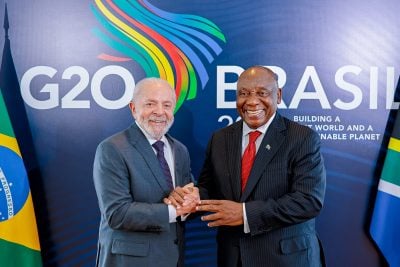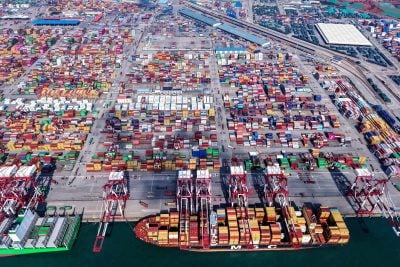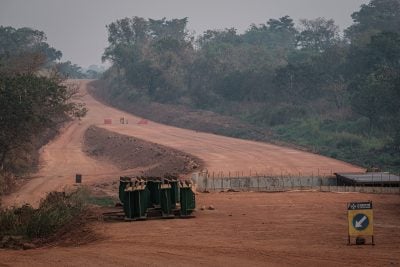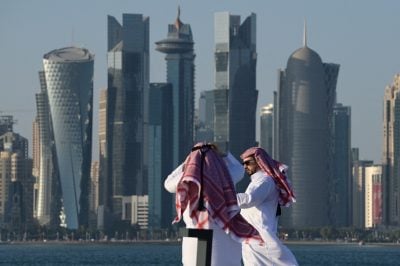It is this extraordinary transformation, from a disease-ridden ‘basket case’ at independence in 1959 to becoming one of the world’s most successful countries today that is of particular fascination for progressive African leaders. It is a constant reminder and inspiration to Africa of what can be achieved with vision, determination and the right leadership.
But, as Rwanda’s President Paul Kagame, who has openly made Singapore the role model for his country to emulate, has pointed out, it is important for Africa to learn the right lessons from Singapore. He says it would be an error to regard Singapore as a successful ‘economy’ – as if a nation’s economy is divorced from all other aspects of life; he wants Africans to look at Singapore as a successful country in which the quality of daily life is more important than the amount of shillings and pennies in one’s pocket.
So what makes Singapore such a successful country? Let us count the ways. In terms of economics, the World Bank has again acknowledged the country as ‘the best place in the world to do business’; this is the seventh consecutive year that Singapore has won this highly coveted accolade.
With a per capita income of around $61,000, it is also the richest non-resource-based country in the world. It is also among the world’s top three oil-export refining centres. It is the world’s busiest transhipment port and the world’s biggest manufacturer of jack-up rigs.
It is the only Asian country to have AAA credit ratings from all three major credit rating agencies – Standard & Poor’s, Moody’s and Fitch. It is among the world’s handful of highly sophisticated financial centres and, according to the Index of Economic Freedom, is the second-freest economy in the world. It is also considered the world’s most-efficient and least-corrupt nation.
Beyond economics, Singapore has the least amount of air pollution and the least rush-hour traffic density of any capital city. It is reputed to have the best-designed and integrated public housing on earth and the swathes of trees, flowers, shrubs and parks that cover the urban infrastructure has given it the well-deserved reputation of a ‘garden city’.
World-class theatres, casinos and sporting events, including a Formula 1 Grand Prix, provide well-rounded entertainment.
All these factors taken together have made Singapore one of the world’s most desirable places to invest and live in. This is of crucial importance as foreign investment is the bedrock on which Singapore has built its extraordinary success. More than 80% of net investment commitments in manufacturing come from foreign investors and around 8,000 multinational corporations have their headquarters in Singapore.
in bilateral trade, rising from $3.5bn in 2003 to almost $12bn in 2013, this represents only around 1% of Singapore’s total trade of around $1,000bn per annum. Of this, almost $10bn has been exports to African countries such as South Africa, Mauritius and Nigeria. Most of the trade with Africa in terms of value has been oil-related – although the non-oil component has been increasing.
To put this in context, almost a third of Singapore’s exports go to other members of the ASEAN group (Indonesia, Malaysia, Philippines, Thailand, Brunei, Cambodia, Laos, Myanmar and Vietnam). Some 20% is destined for China and Hong Kong and around 17% goes to the EU and the US.
Bilateral trade between Singapore and Africa therefore is still negligible. (By way of comparison, trade between China and Africa is around $200bn per annum).
Unlike China and India, Singapore is not a large importer of Africa’s natural resources or commodities. Its manufacturing sector now forms only roughly 19% of its GDP with services dominating. That said, natural gas offshore Tanzania, as we shall see a little later on, could well become a very significant component of African exports to Singapore over the coming years.
Want to continue reading? Subscribe today.
You've read all your free articles for this month! Subscribe now to enjoy full access to our content.
Digital Monthly
£8.00 / month
Receive full unlimited access to our articles, opinions, podcasts and more.
Digital Yearly
£70.00 / year
Our best value offer - save £26 and gain access to all of our digital content for an entire year!

 Sign in with Google
Sign in with Google 




